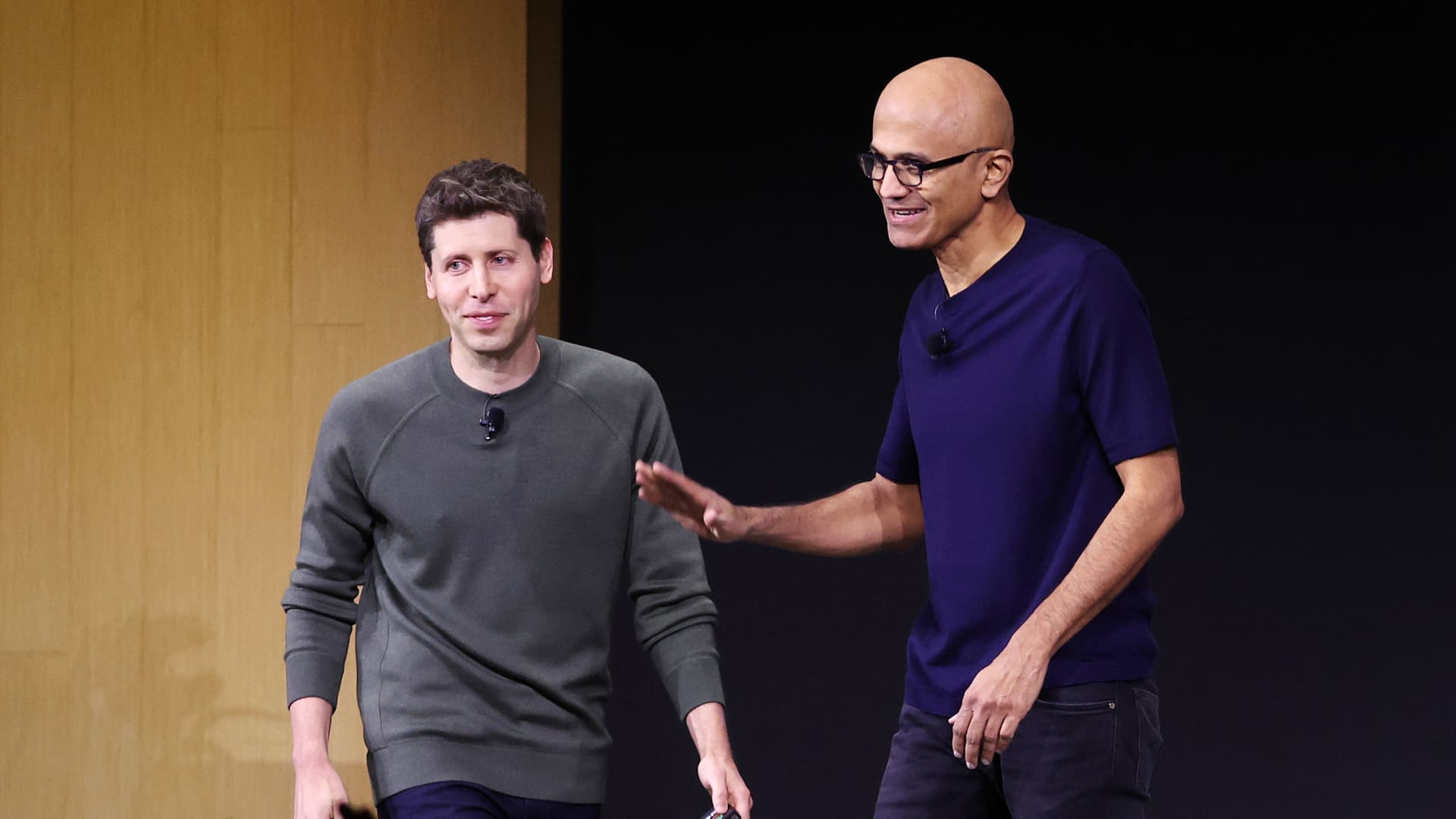- cross-posted to:
- [email protected]
- cross-posted to:
- [email protected]
Microsoft, OpenAI sued for copyright infringement by nonfiction book authors in class action claim::The new copyright infringement lawsuit against Microsoft and OpenAI comes a week after The New York Times filed a similar complaint in New York.



No. I really do think that all AI output should be required to be copyleft if there’s any copyleft in the training dataset (edit for clarity: unless there’s also something else with an incompatible license in it, in which case the output isn’t usable at all – but protecting copyleft is the part I care about).
Huh. Obviously, you don’t believe that a copyleft license should trump other licenses (or lack thereof). So, what are you hoping this to achieve?
I’m not sure what you mean. No licenses “trump” any other license; that’s not how it works. You can only make something that’s a derivative work of multiple differently-licensed things if the terms of all the licenses allow it, something the FSF calls “compatibility.” Obviously, a proprietary license can never be compatible with a copyleft one, so what I’m hoping to achieve is a ruling that says any AI whose training dataset included both copyleft and proprietary items has completely legally-unusable output. (And also that any AI whose training dataset includes copyleft items along with permissively-licensed and public domain ones must have its output be copyleft.)
Yes, but what do you hope to achieve by that?